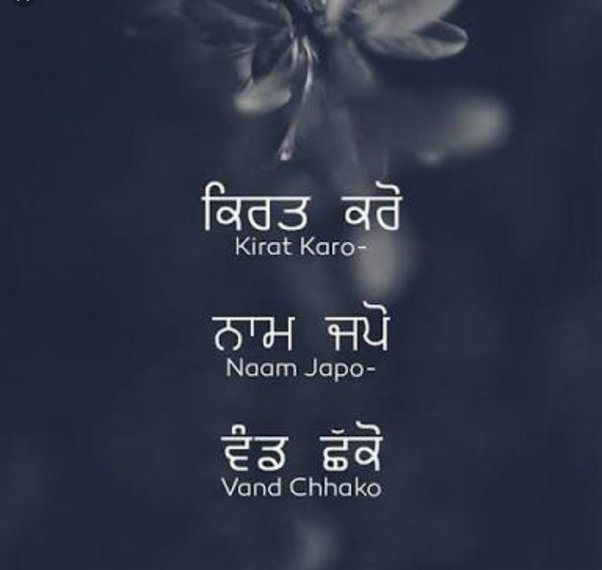Lessons from Sikh History for a Divided World
- SikhsForIndia

- Aug 14, 2025
- 3 min read

In an age when nations are splitting along old fault lines and neighbours eye each other with suspicion, it is tempting to believe that division is the natural state of the world. News cycles thrive on outrage, politics often feeds on fear, and the loudest voices are those that tell us who not to trust. But in this chorus of dissonance, there is an older, steadier song—one that has travelled through centuries of war and peace, persecution and triumph. It is the song of the Sikh Gurus.
Born in the crucible of 15th–century Punjab, the Sikh tradition was never just a religion—it was a vision for a just society. Guru Nanak Dev Ji’s voice rose at a time when caste walls were high and the fires of Hindu–Muslim conflict burned hot. His message was disarmingly simple: There is no Hindu, there is no Muslim—there is only the One. That was not a denial of faith; it was a demolition of the idea that faith should divide us.
From that seed grew a tradition that refused to see dignity as a privilege of the few. The institution of langar—where kings and beggars sit in a single row to share the same food—was not just charity, it was political defiance. It said that human worth was not determined by birth, wealth, or title. In an era when social hierarchy was unquestioned, the langar floor became a battlefield against inequality, one meal at a time.
The later Gurus added steel to this compassion. Guru Arjan Dev Ji chose martyrdom over altering the words of the Sikh scripture to appease an emperor—proof that truth is not negotiable in the face of power. Guru Tegh Bahadur Ji gave his life to defend the religious freedom of Kashmiri Hindus, showing that the defence of faith is a duty even when it is not your own. Guru Gobind Singh Ji’s Khalsa was forged to stand against tyranny in all its forms, with the kirpan as a reminder that justice sometimes requires the courage to confront evil directly.
These are not quaint stories from a distant past. They are roadmaps for a world that has lost its compass. When polarization pits community against community, the Sikh principle of Sarbat da Bhala—the welfare of all—offers a radical alternative: that my prosperity is tied to yours, my freedom to yours, my safety to yours.
In a time when religious intolerance is once again wielded as a weapon, Sikh history reminds us that faith is strongest when it protects the rights of others. The Gurus did not draw their swords to defend only their own; they drew them for the weak, the voiceless, the targeted. That moral courage is the antidote to the cowardice of bigotry.
And in a century defined by inequality—where the gap between rich and poor grows wider by the day—the Sikh insistence on seva, selfless service, is a quiet revolution. It is not performed for applause, nor bound by geography. Whether it is feeding thousands during the farmers’ protests, serving meals to hurricane victims in the Caribbean, or offering oxygen cylinders in Delhi’s hospitals, Sikh seva dismantles the notion that charity must be transactional.
The world we inhabit today is not so different from the one Guru Nanak walked through—fragmented, unjust, often cruel. But his answer, and the answer of the Gurus after him, has not aged. They taught that unity is not a slogan; it is labour. It is breaking bread together, standing in the path of harm meant for another, refusing to see an enemy where there is simply another child of God.
We will not heal the fractures of our time with more walls, more suspicion, more vengeance. But perhaps, if we remember the lessons of Sikh history—if we sit together in the langar hall of the human spirit—we may find the courage to build again.



Comments